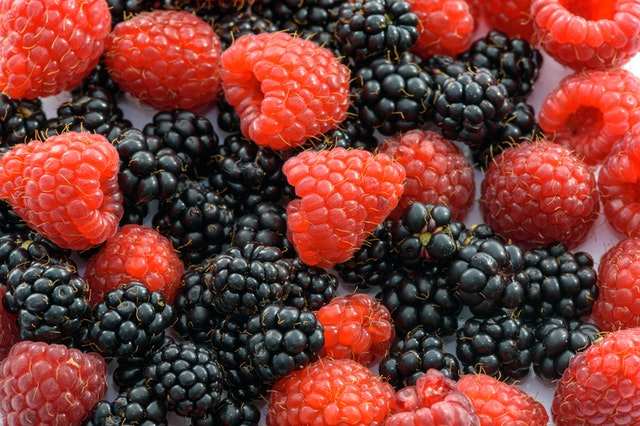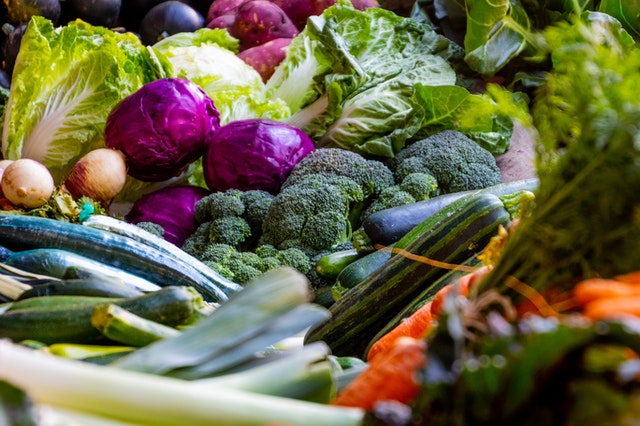
Foods for Building a Better BrainFoods for Building a Better Brain
It’s easy to justify eating unhealthy foods and nootropics when you’re living in survival mode, but using the pandemic as a justification for not making sensible choices could be detrimental to your physical and mental well-being. The thing is that the food choices have had a negative and potentially long-term impact on my mental health. The wonderful thing is that we’re not stuck with the brain we’ve been given, and every day is a new opportunity to make a change.
World-renowned neuroscientists have shown that what you eat affects your brain chemistry, and the key is to eat foods that allow your brain to maintain its size and structure, connect more nerves, eliminate toxins, and build new cells. So if you want to reduce mental fatigue, improve your mood, solve problems faster, use more energy, improve your memory, and have a much better overall quality of life, a healthy diet is key.
Building new brain tissue is also known as neurogenesis, and the foods we eat are the physical components of this specific process. It can also improve your immune system, which can be vital during this global health disaster. Our brains are incredibly flexible and, given the perfect care, can remain healthy and sharp as we age. Here are some of the perfect brain-boosting foods that everyone should have in their daily diet.
Berries

Antioxidants can increase the ability of cells to communicate, reduce inflammation, improve memory, increase neuroplasticity and reduce or delay age-related neurodegenerative diseases and cognitive decline. Choose purple, crimson, and blueberries because they are rich in flavonoids, a type of polyphenol with antioxidant properties. Blueberries top the list for brain wellness and improved neurogenesis. Blueberries are full of water, which also makes them blanch. Blueberries are also full of calories and sugar.
Blueberries have been shown to decrease the likelihood of dementia, reduce the effects of Alzheimer’s disease, and protect against brain memory loss. Since our gray memory is made up primarily of fats, we need to consume plenty of these valuable monounsaturates to rejuvenate and nourish the mind. This can also contribute to healthy blood circulation, which is essential for the mind.
Green Vegetables

There is a myriad of vegetables to choose from, but some are particularly rich in nutrients that support brain health and function. Broccoli, for example, is full of antioxidants and is rich in vitamin K. This vitamin is essential for brain formation. This vitamin is essential for the formation of sphingolipids, a type of fat that is stored in cells and has been shown to reduce cognitive decline in older people. If you don’t like kale, opt for other leafy greens such as spinach, chard, and arugula, which are also packed with brain-healthy nutrients.



 Swollen eyes, dark circles, a greyish cast of dull, and tired skin are the effect of not getting enough quality sleep. If you have sleep deprivation, you can lose your luster quickly. This is why you should get enough good night’s sleep. To enhance the valuable healing powers of sleep, you may consider wearing a night mask. This way, you will wake up refreshed and radiant.
Swollen eyes, dark circles, a greyish cast of dull, and tired skin are the effect of not getting enough quality sleep. If you have sleep deprivation, you can lose your luster quickly. This is why you should get enough good night’s sleep. To enhance the valuable healing powers of sleep, you may consider wearing a night mask. This way, you will wake up refreshed and radiant.